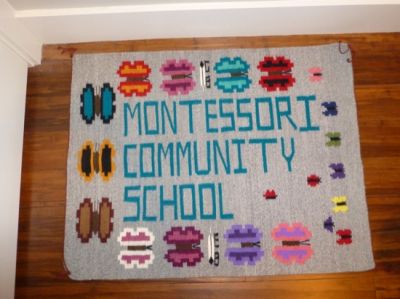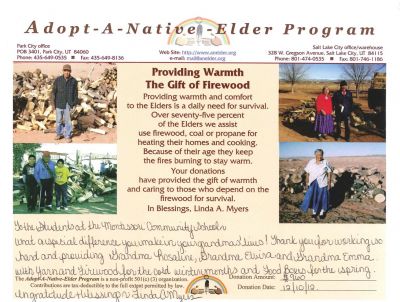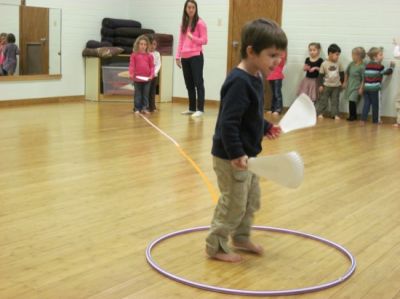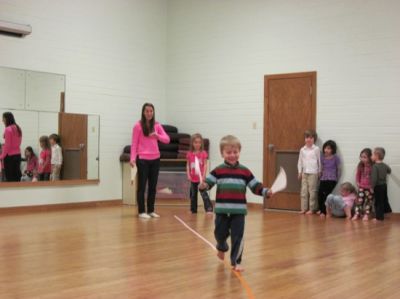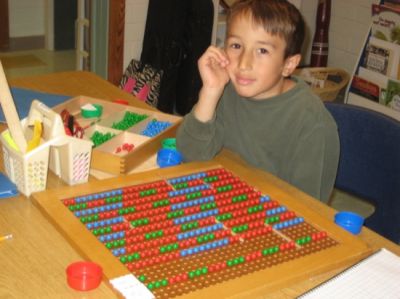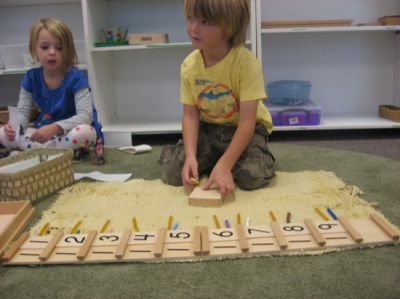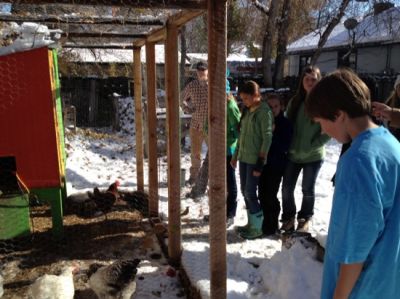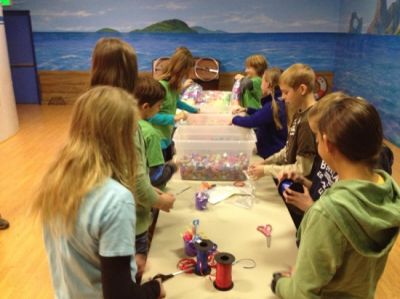A Welcome Back Letter from PSA President, Aimee Brewer
Happy New Year from the PSA!
I hope you all had a fun, relaxing break and are ready for a great 2013!
Since there are many new families who have joined the school this past fall, I thought it might be a good time to send along a few reminders and updates.
Feeling connected to your child’s school and teachers is something that is very important to many parents. Below are a couple of great ways you can be involved in your child’s classroom:
From 8:30-9am each morning in the Toddler and Early Childhood classes and 8:00-8:30am in the Elementary and Middle School classes, parents are welcome to be part of your child’s class – if your schedule permits, you are invited to stay during this time and do some work with your child. It’s a great way to feel a part of their learning experience as well as getting more familiar with the Montessori methods and “works”, and most importantly, your child will LOVE showing you a work and will be so proud when their parents stay to observe and participate.
Each class has office hours where you can check-in with the teachers. Please know this doesn’t just need to be used if you are having an issue or concern about your child, it is also a great time to just say hi to the teachers and see what your child is working on. If the office hours that your class has doesn’t work for your schedule, you can always call or email the teachers to set up a different time to meet.
Each class has a email address and if you have a question, concern, or idea and want to communicate with the teachers via email, please do so. If it is an urgent issue, please call the school and ask to speak with the teacher as they usually do not have time to check email during the day. The teacher email addresses are easy to remember and can be found below.
The teachers welcome parents who would like to come read a book to the class, do a cooking activity, share a talent or special tradition etc….if you want to do something with the whole class, just let the teachers know!
The school is always looking for new field trip ideas (or new presenters to come to the school), if you have any ideas, please let me or Ramira know!
Save the date:
As you may know, our school has a partnership with the Adopt-a-Native Elder program. The students communicate with our Navajo Grandmothers and the Grandmothers come to visit each year. Our youngest grandmother, Elvira, participates in the Deer Valley Rug Show each year and the children who attend have the opportunity to spend some time with her. On March 22nd our school will be hosting a Navajo Children’s Rug Show at the school – if you didn’t attend last year you should plan to this year – not only are the rugs made by children gorgeous, but there are many activities for our children to participate in and learn so much about the Navajo culture. You can learn more about the program at www.anelder.org.
The annual Fun Run is set for April 1st – this is a really great day for the students, but also our main fundraiser for our Navajo Grandmothers and Ethiopian children. Community Service is an important part of the Montessori Education as students learn to care and contribute to others , the value of volunteerism, and begin to recognize their connection to people all around the globe.
If you would like to be involved in the Fun Run or any other PSA events or committees, please let me know!
Finally, we are always looking for ideas for community building events – classroom specific events as well as school-wide events. If you have an idea, please let me know (even better, if you want to plan a community building event and get hours towards your parent participation, that would be fabulous!).
Thank you for all you do to support the PSA and school at large. There is such a great group of families that are part of the school and I look forward to the coming year!
Aimee Brewer
PSA President
